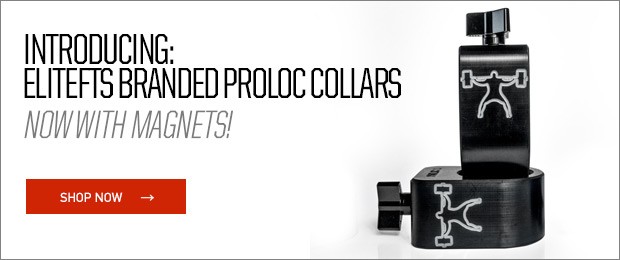
Any lifter who wants to excel in strength sports must master auto-regulation. It is the overriding goal in bodybuilding, powerlifting, strongman, and even Olympic weightlifting. It requires a clear understanding of how the body grows, how it recovers, and when and when not to push training.
This means that you can be certain that every great lifter you admire—all-time great powerlifters like Steve Goggins or IFBB pros like Mark Dugdale—has mastered auto-regulation. No matter what training program they use or what goal they have, these lifters have learned how to control their training intensity and recovery to match one another.
For today's Table Talk, Dave discusses this concept in response to a question from Instagram user ckleckner10:
"Auto-regulation vs. percentage-based programming for off-season vs. peaking? I know you have strong feelings with deloading so I'd love to hear about what you think on auto-regulation."
To answer this question, Dave uses the example of a concurrent or conjugate training program. He goes into detail about waving intensity and exercises throughout the program. Dave points out that auto-regulation means knowing when you need to change supplemental and accessory exercises, when you need recovery workouts, and when you need to take make a game-time decision to reduce or increase training intensity.
This is a bit more challenging in a percentage-based training program. Dave explains how a lifter's true one-rep max is going to change daily. Maybe you didn't get much sleep last night. Maybe you're sick. Maybe you had a busy day and didn't have a chance to eat much before training. All of these things are going to decrease your one-rep max for that given training day. What you think is 85% might actually be closer to 95% that day. If you're supposed to do a set of five reps with this weight, you're in trouble.
The end-goal with auto-regulation is to learn how to adjust every training factor yourself so that you don't have to rely on a coach or a program to guide you. Great lifters know intuitively when they need to change their training or deviate from a plan.










